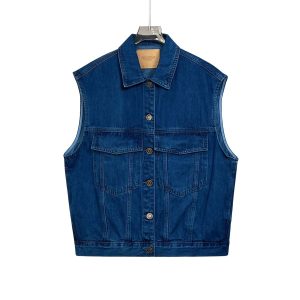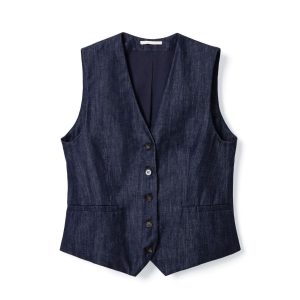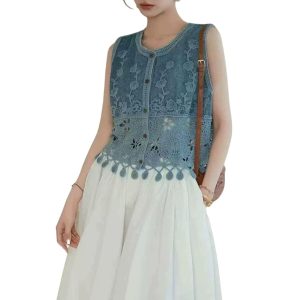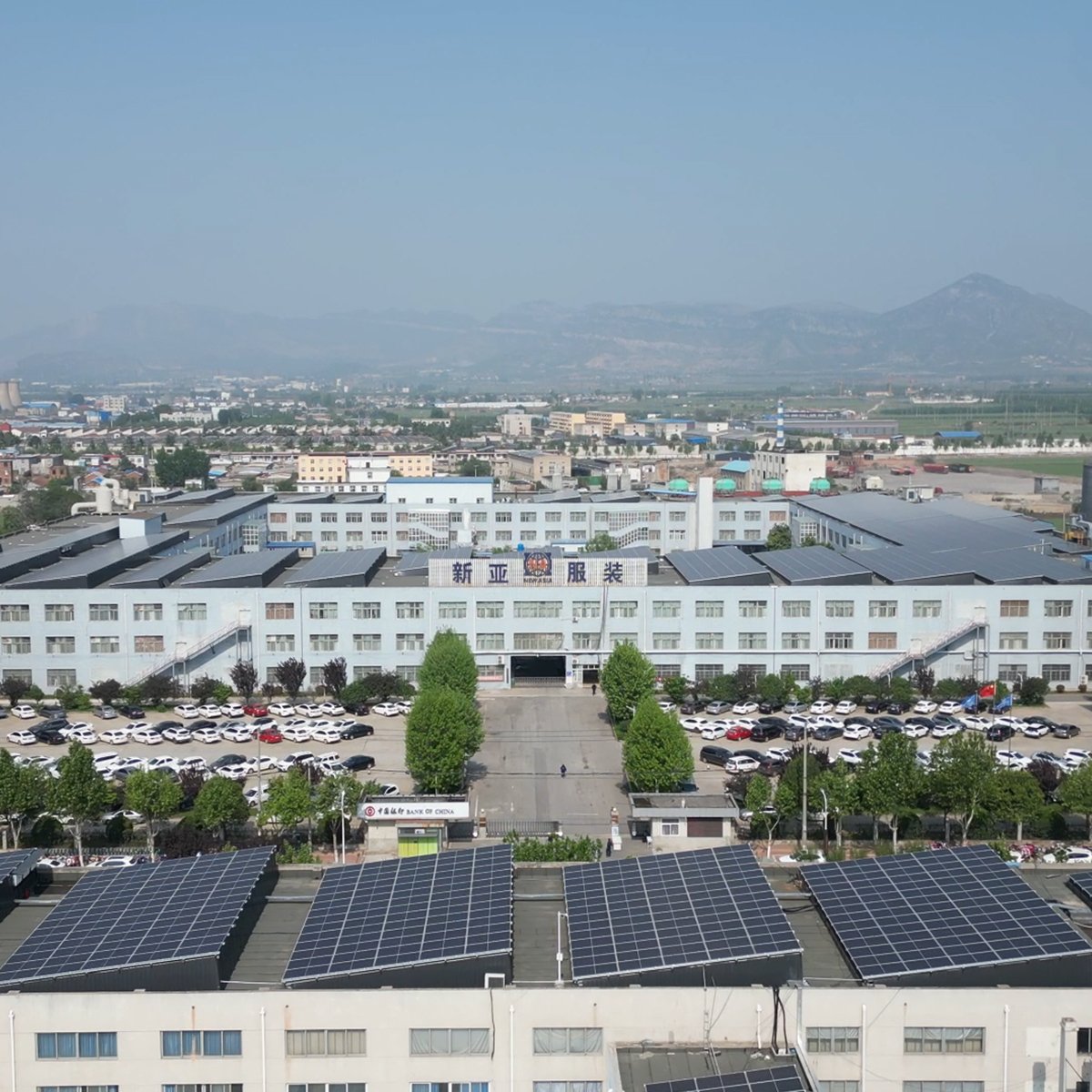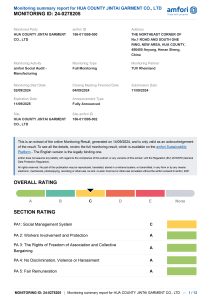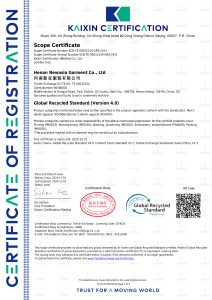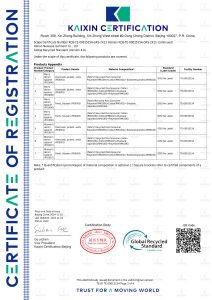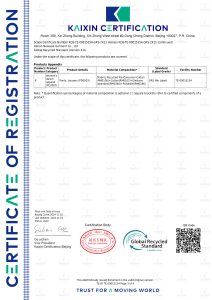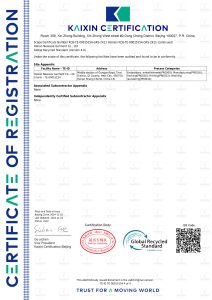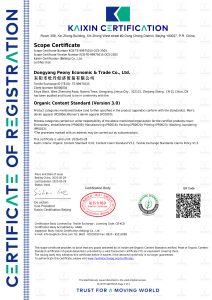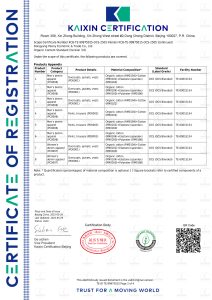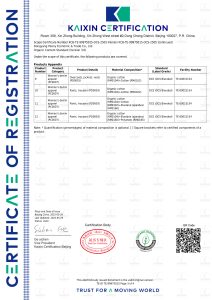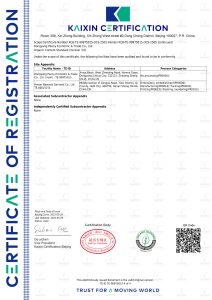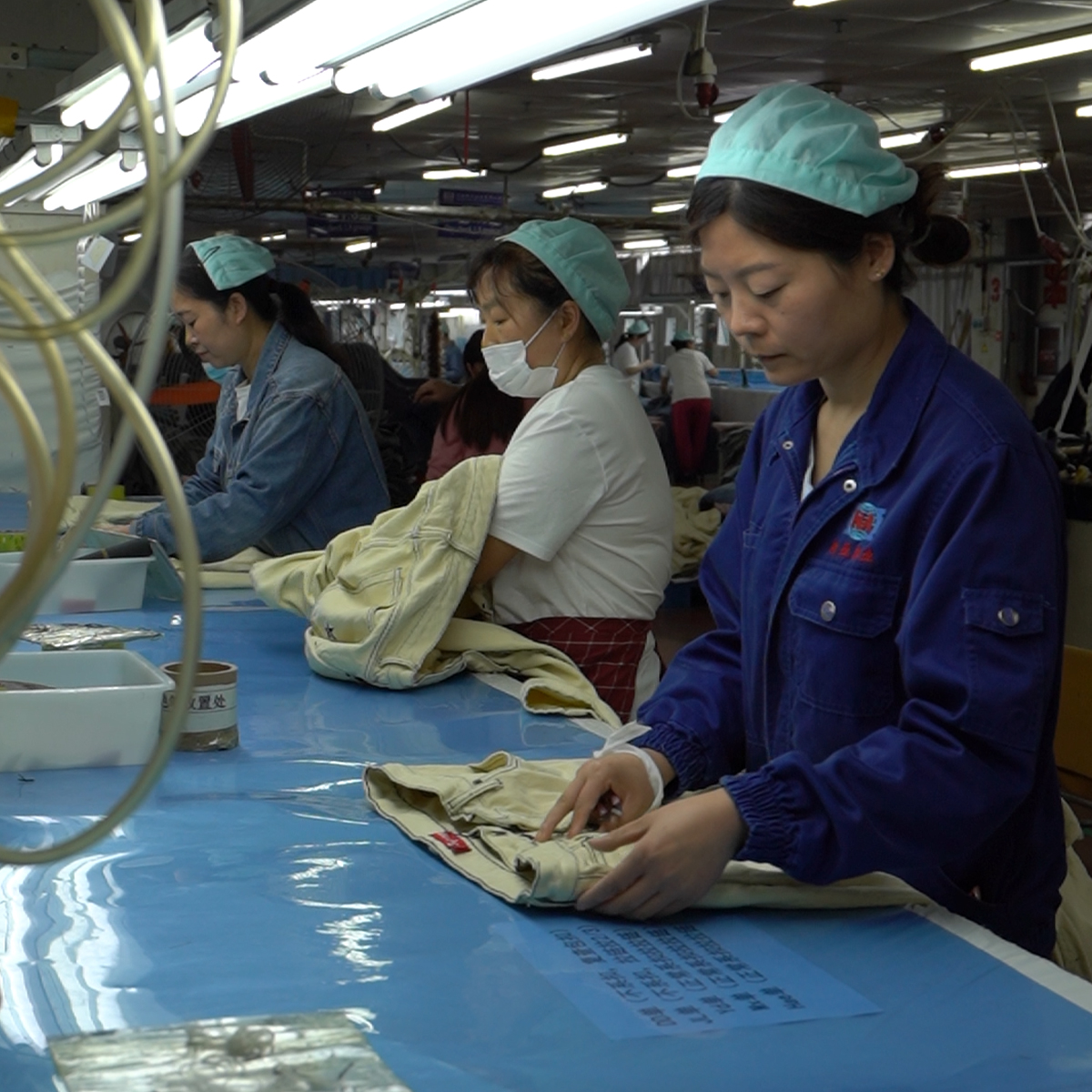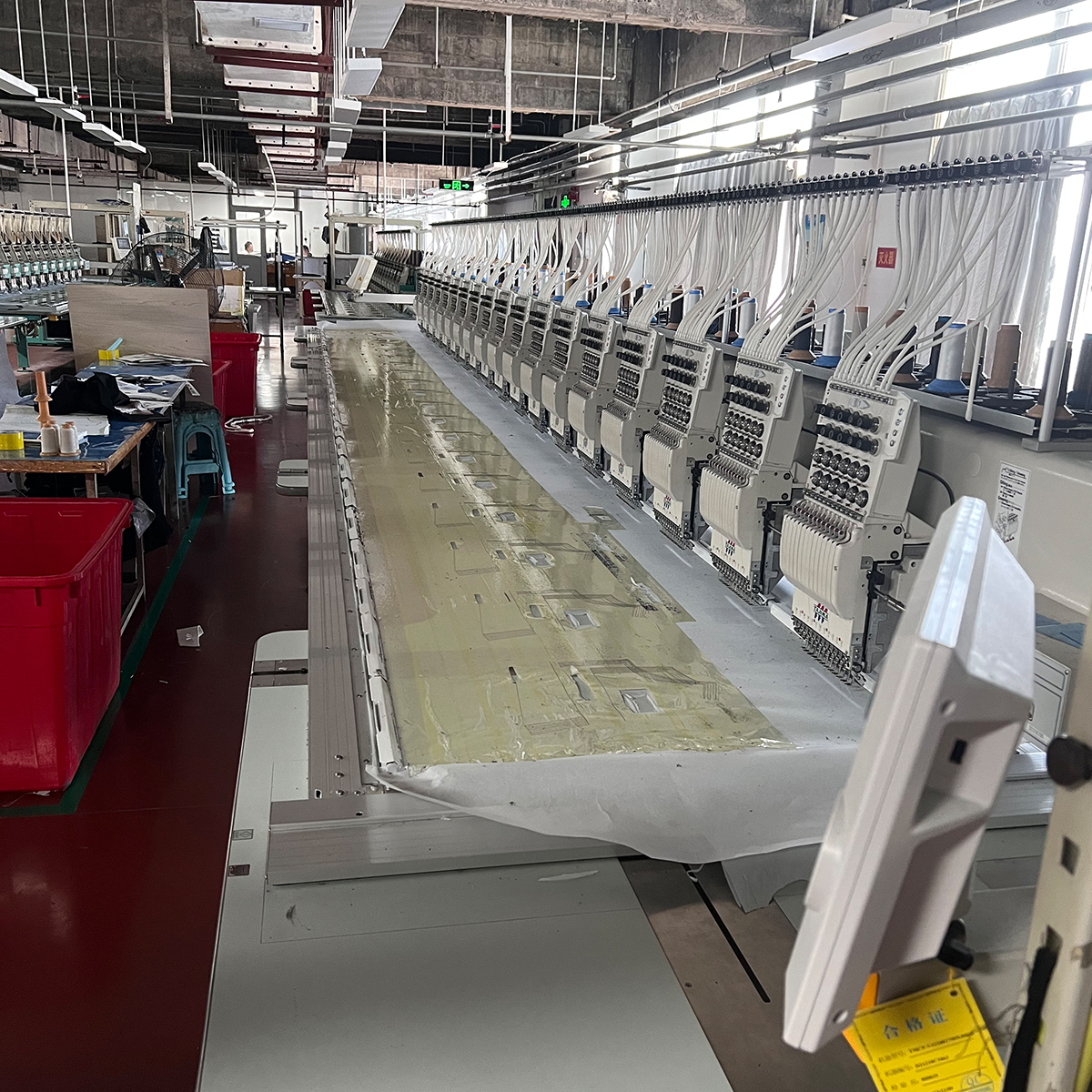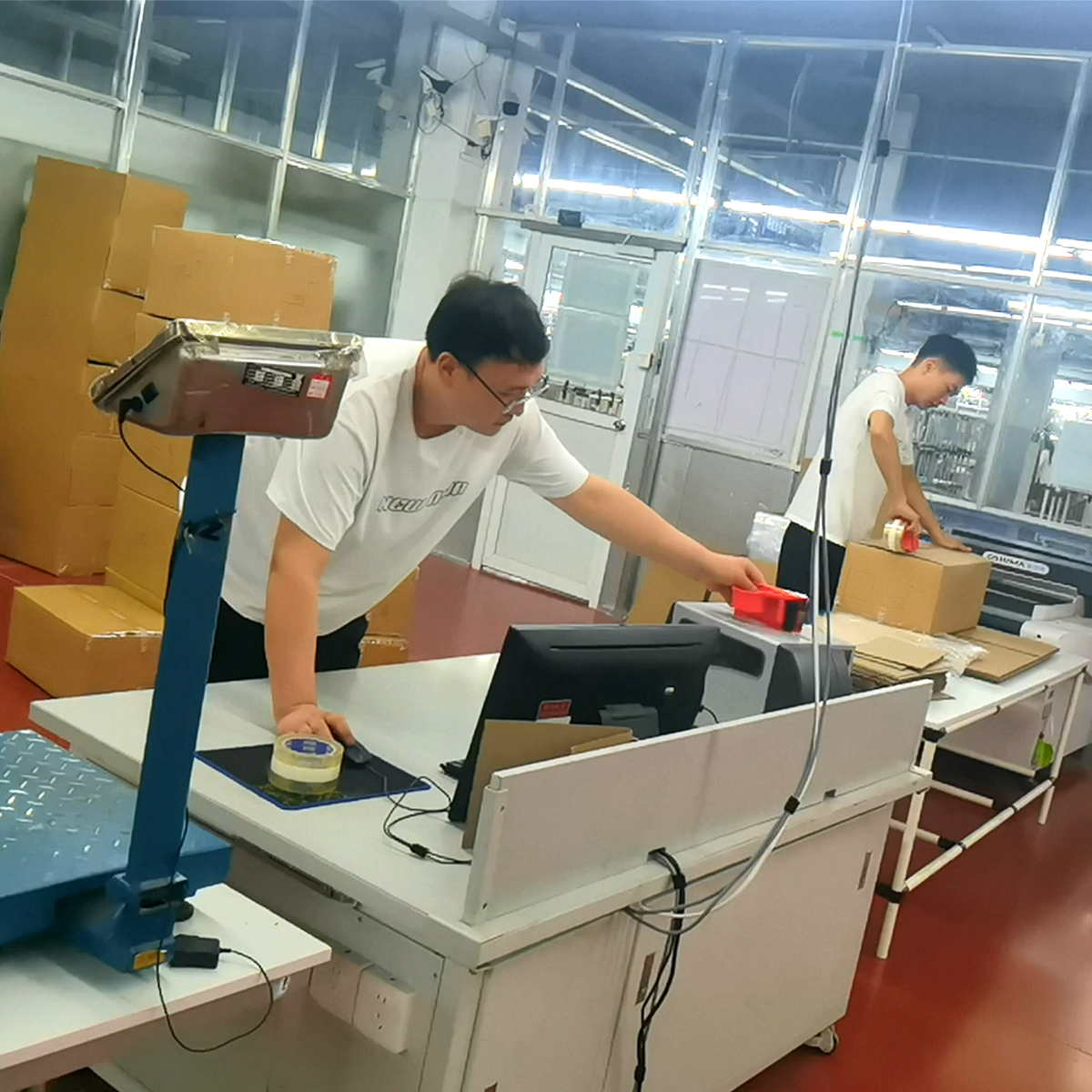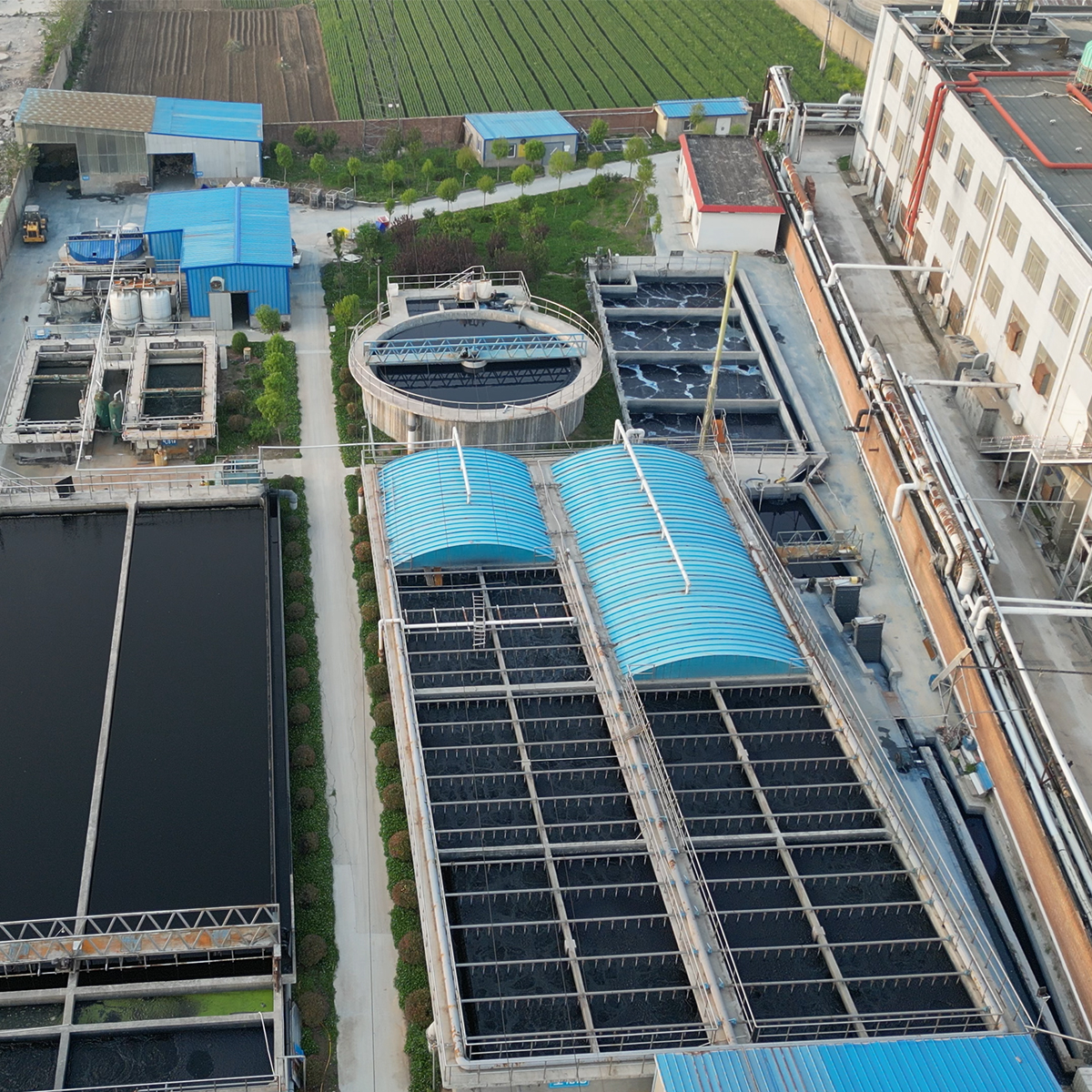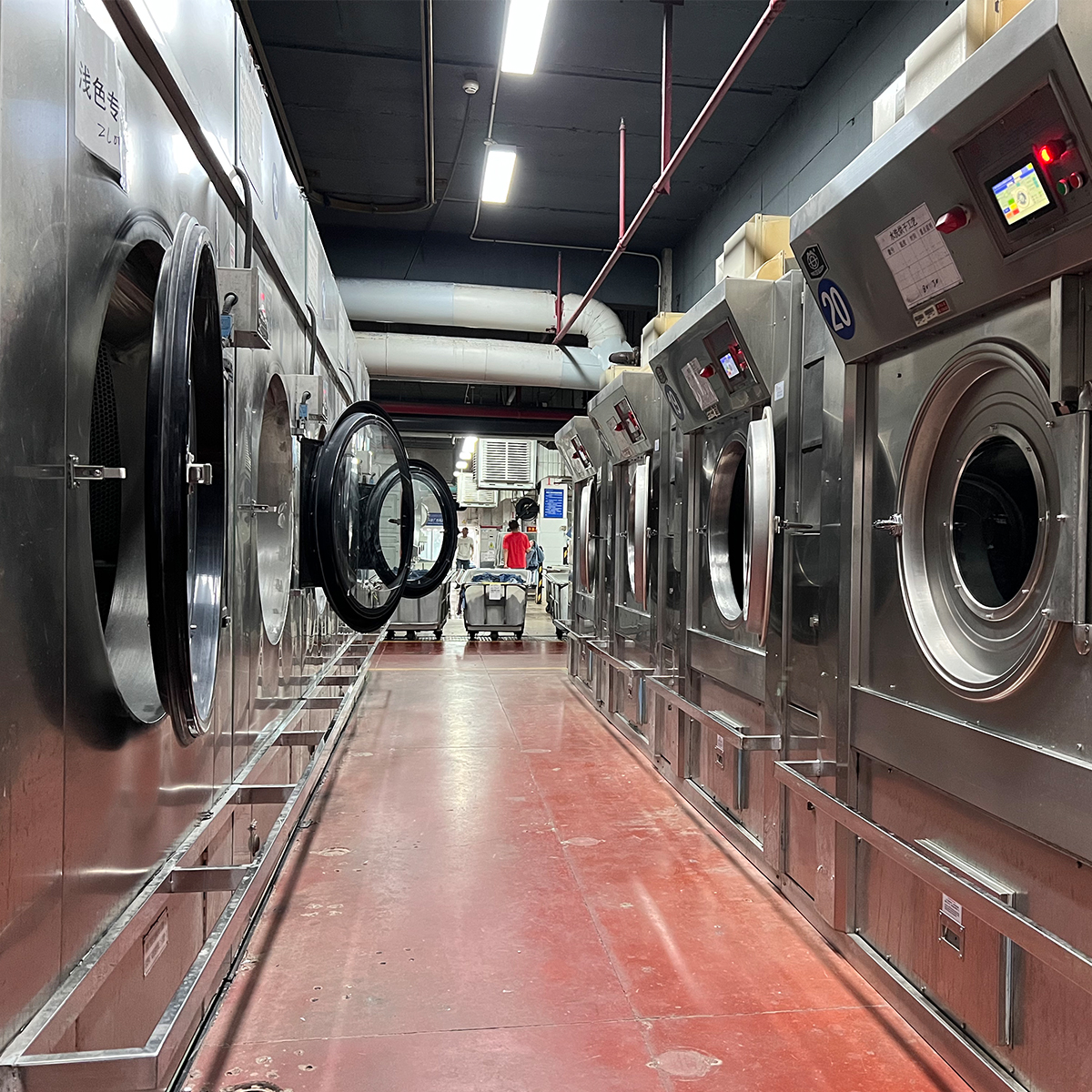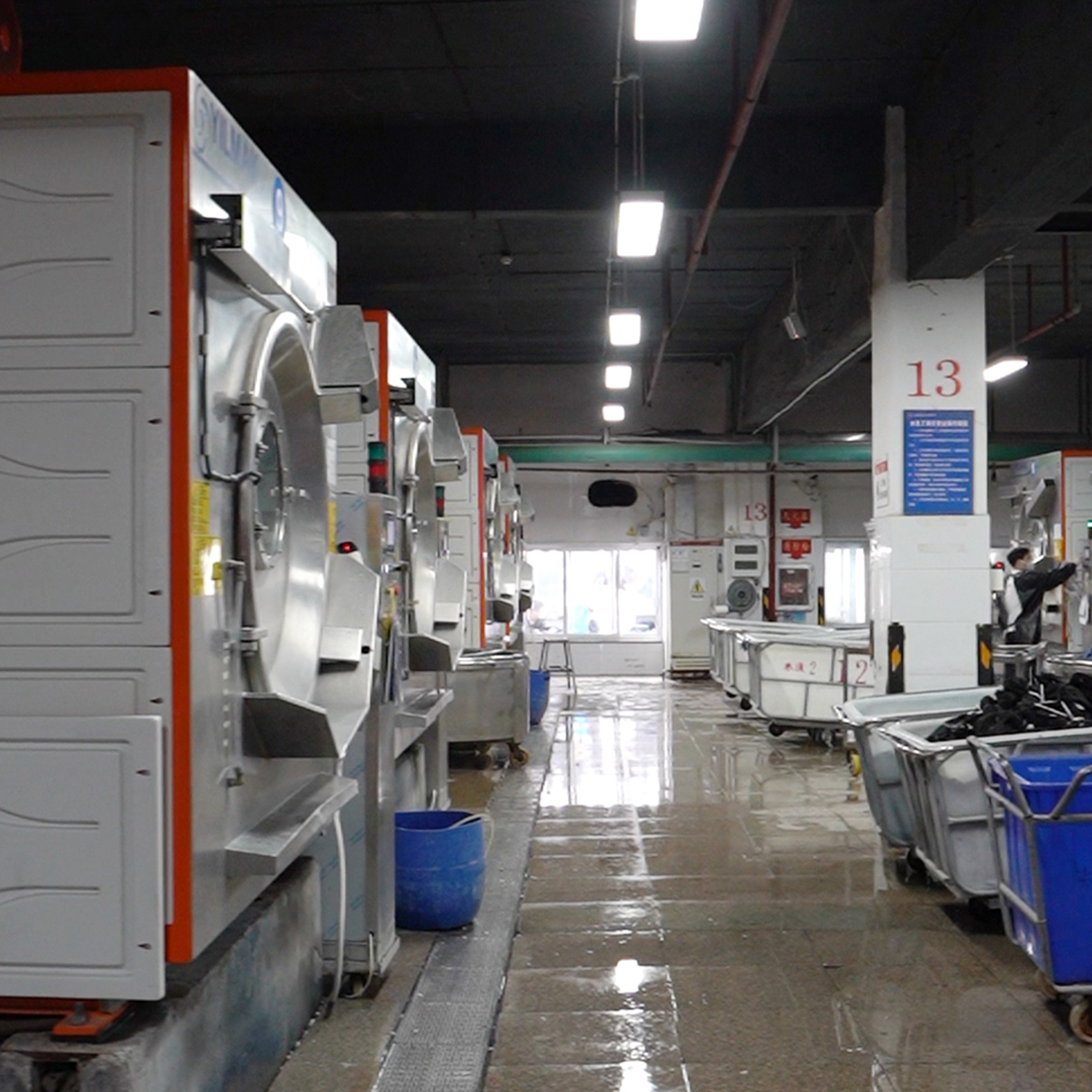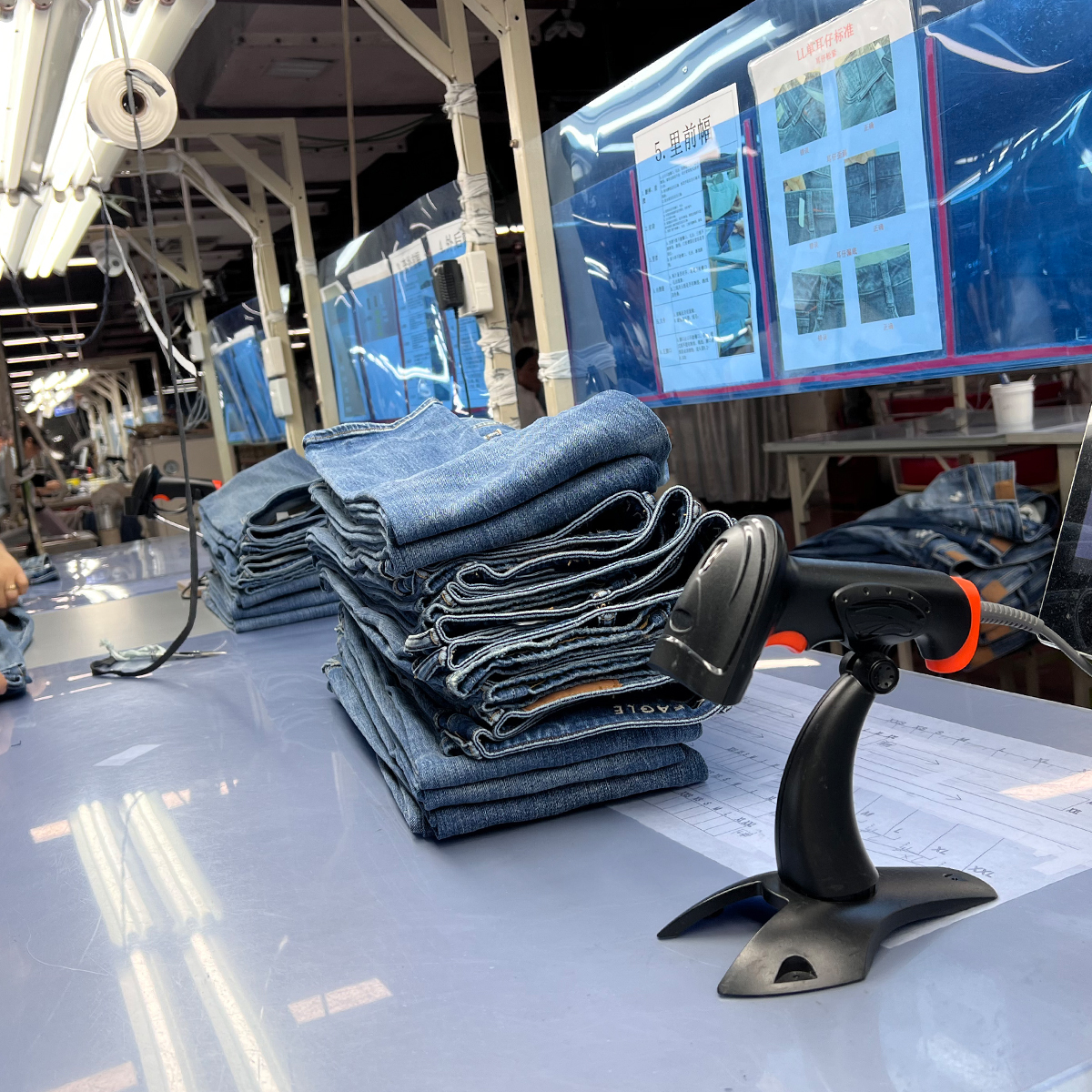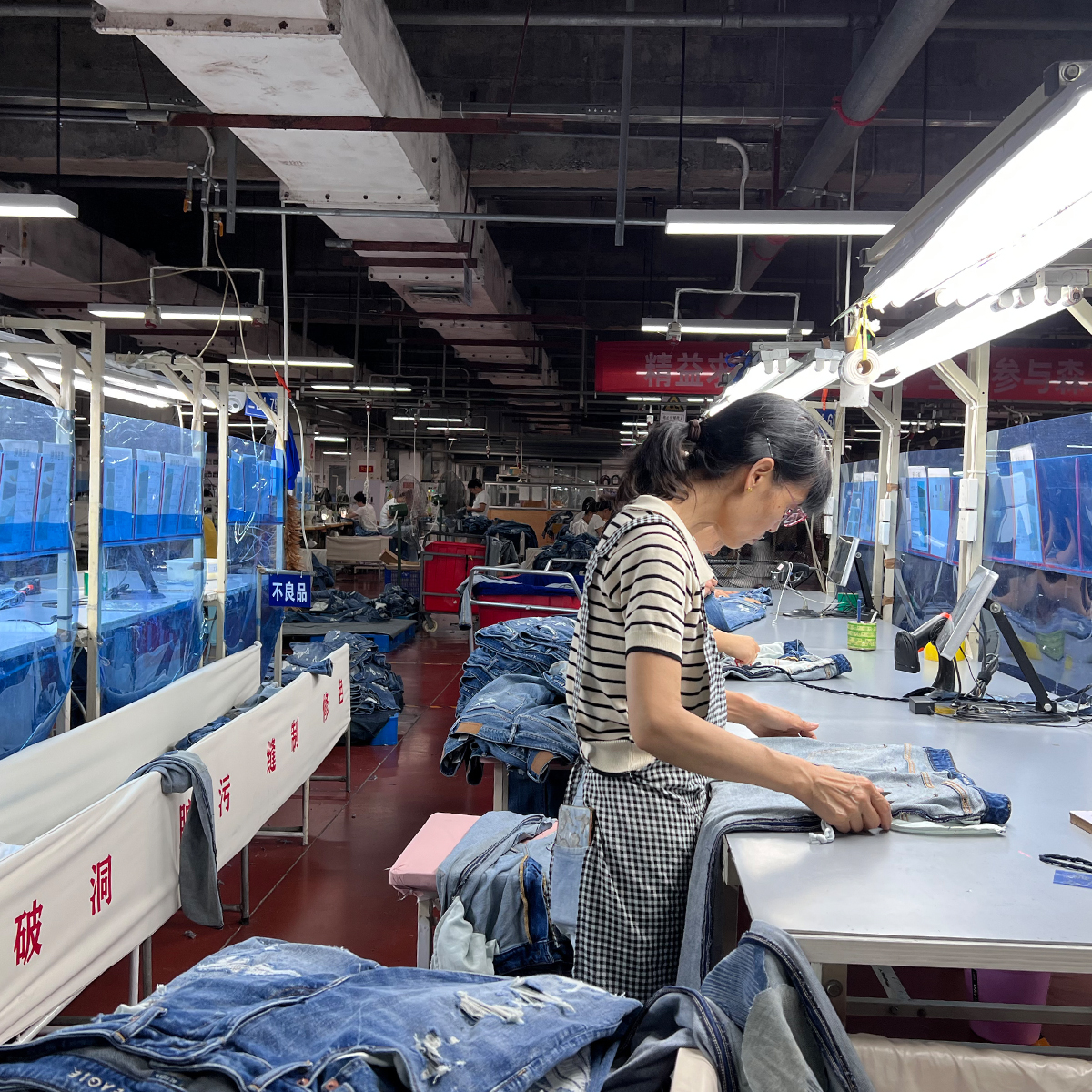In the dynamic world of fashion, jeans have cemented their status as a timeless wardrobe staple. From casual outings to high-end fashion runways, denim remains versatile and universally loved. Behind this enduring popularity lies a robust network of manufacturers who innovate continuously to bring high-quality, stylish, and sustainable jeans to consumers worldwide. In this blog, we delve into the leading jeans manufacturers shaping the future of denim fashion, exploring their histories, manufacturing philosophies, technological advancements, and contributions to sustainability.
The Evolution of Jeans Manufacturing
The history of jeans manufacturing is rich and transformative. Originally designed as durable workwear in the 19th century, jeans became associated with Californian gold miners and cowboys. Levi Strauss & Co., founded in 1853, pioneered the creation of the modern denim jean. Over time, the manufacturing process has evolved from simple, handcrafted pieces to sophisticated, industrial-scale production techniques leveraging cutting-edge technology.
Today, manufacturers balance tradition with innovation. They incorporate automation, eco-friendly practices, and advanced textile technology to meet global demand while addressing environmental concerns. To understand the current landscape, it’s essential to spotlight some of the key players leading this evolution.
Levi Strauss & Co.: The Pioneer of Denim Innovation
Levi’s stands as an iconic name synonymous with denim history. The company’s commitment to quality and innovation has kept it relevant for over a century. Levi Strauss & Co. has invested heavily in sustainable manufacturing practices, including water-saving techniques, eco-friendly dyes, and recyclable packaging.
Leveraging modern technology such as laser finishing and laser embroidery, Levi¡¯s minimizes water usage and chemical waste during production. Their commitment to durability and craftsmanship has earned them a loyal customer base globally. The brand continuously explores new fabrics and fits to cater to diverse consumer needs, reinforcing its position as a pioneer in denim manufacturing.
Nike and VF Corporation: Blending Sportswear with Denim
Nike, along with the VF Corporation (which owns brands like Wrangler and Lee), exemplifies how major apparel companies are expanding their denim offerings through innovation. Nike’s approach involves integrating performance textiles into denim, creating stretchier, more durable, and comfortable jeans suitable for active lifestyles.
VF Corporation emphasizes sustainable production across its brands, adopting waterless dyeing techniques, organic cotton sourcing, and fair labor practices. Their focus on eco-conscious manufacturing aligns with the growing consumer demand for responsible fashion choices.
Japanese Denim Masters: Premium Quality and Craftsmanship
Japan has distinguished itself as a hub for premium denim manufacturing. Brands like Momotaro and Samurai produce some of the highest quality jeans in the world, renowned for their meticulous craftsmanship and unique textile techniques. These manufacturers often utilize selvedge denim, woven on traditional shuttle looms, ensuring durability and aesthetic appeal.
Japanese denim manufacturers focus on detailed finishing, unique dyeing processes like natural indigo, and careful stitching. Their commitment to quality extends to ethical labor practices and sustainability initiatives, making them leaders in premium, eco-conscious denim.
Emerging Players and Technological Advancements
Recent years have seen the rise of innovative manufacturers integrating technology and sustainability into their core processes. These include startups and established factories utilizing automation, AI-driven design, and eco-friendly textiles.
For instance, brands using biodegradable denim fibers, laser washing to reduce water use, and digital pattern-making reduce waste and energy consumption. Moreover, some manufacturers harness blockchain for transparency in the supply chain, ensuring ethical sourcing and production.
Sustainable Denim and the Future of Manufacturing
Sustainability continues to be a pivotal focus within the denim manufacturing industry. Key areas include water conservation, waste reduction, eco-friendly dyes, recyclable materials, and fair labor practices. Leading manufacturers are adopting circular economy models, encouraging customers to return worn-out jeans for recycling or refurbishment.
The integration of bio-engineered fabrics and regenerative agriculture for cotton cultivation is also gaining traction. These innovations aim to enhance fabric durability while reducing environmental impact, signaling a shift towards a more eco-conscious industry.
Conclusion
The landscape of jeans manufacturing is multifaceted, blending tradition with innovation. From historic brands like Levi Strauss & Co. to Japanese artisanal producers and forward-thinking startups, manufacturers are continuously redefining denim production. Their focus on technological advancement, sustainability, and quality ensures that jeans remain relevant and responsible in a fast-changing world. As consumers become more conscious of fashion’s environmental and social impacts, these manufacturers play a crucial role in shaping an ethical and innovative future for denim apparel.



